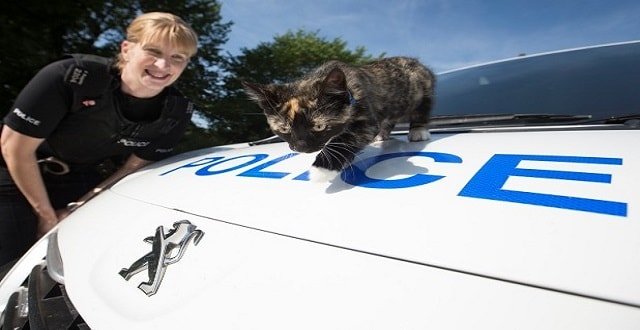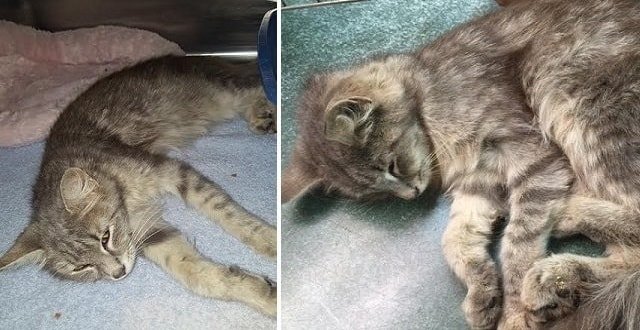The subtle twitches of a cat’s ears, the narrowing of their eyes, and the occasional lick of their lips—these actions are more than just random movements. They are, in fact, a complex system of communication that has intrigued many, and a recent study has shed light on just how intricate these signals can be.
A Deep Dive into Feline Facial Expressions
A groundbreaking study featured in the journal Behavioural Processes has provided new insights into the nuanced facial expressions of domestic cats. The study’s co-author, Brittany Florkiewicz, an evolutionary psychologist at Lyon College in Arkansas, emphasized the complexity of cat communication. The research, conducted by Florkiewicz along with Lauren Scott, a medical student with a keen interest in feline behavior, revealed a staggering 276 distinct facial expressions during cat-to-cat interactions. This discovery suggests that domestication has significantly influenced the evolution of feline facial signaling.
Domestic cats, sharing their lives closely with humans, have developed a greater social tolerance than their wild counterparts, leading the researchers to anticipate diverse expressions both in friendly and adversarial settings. However, the sheer variety of expressions cataloged surpassed their expectations.
To gather this valuable data, Scott meticulously filmed 53 domestic shorthairs over several months at a cat café, analyzing a total of 186 interactions. They employed a unique cat Facial Action Coding System to discern the subtleties of each expression. Interestingly, nearly half of the expressions observed were deemed friendly, characterized by forward-tilting ears and partially closed eyes. Conversely, aggressive signals were indicated by flattened ears, narrowed pupils, and a telling lick of the lips.
Future Horizons in Cat Communication
Looking ahead, Florkiewicz and her colleague aim to broaden their research to encompass a variety of living environments, from multi-cat households to feral colonies, to enhance the understanding of these complex creatures.
A further objective is to decipher more meanings behind the myriad expressions, deepening our comprehension of the silent but eloquent language of cats. This exploration into the world of feline facial expressions not only piques the curiosity of cat lovers but also promises to enrich the human-cat bond with a more profound communication.
This study serves as a beacon for those seeking to unravel the mysteries behind their feline companions’ facial cues, paving the way for future research that could transform our interactions with these enigmatic animals.











